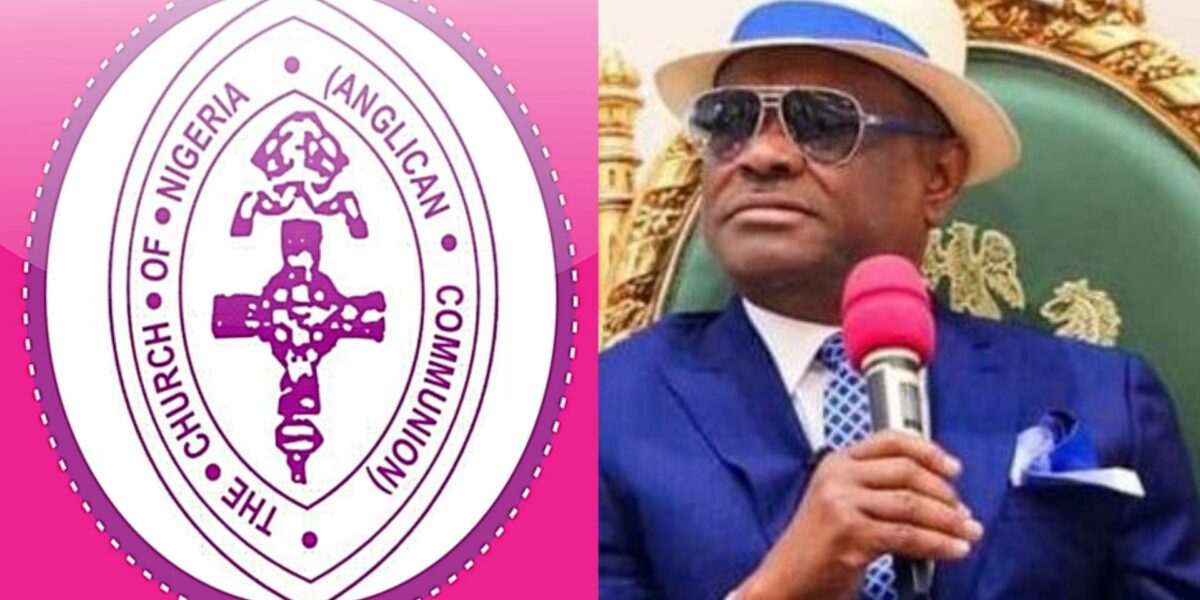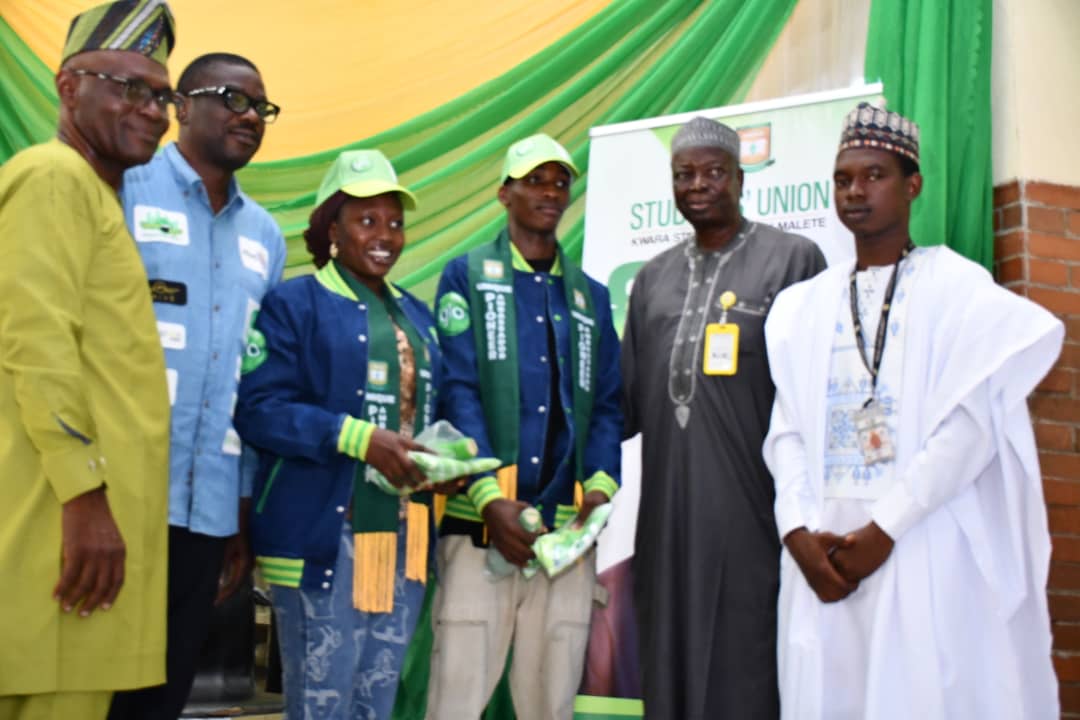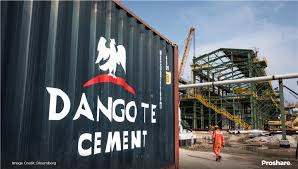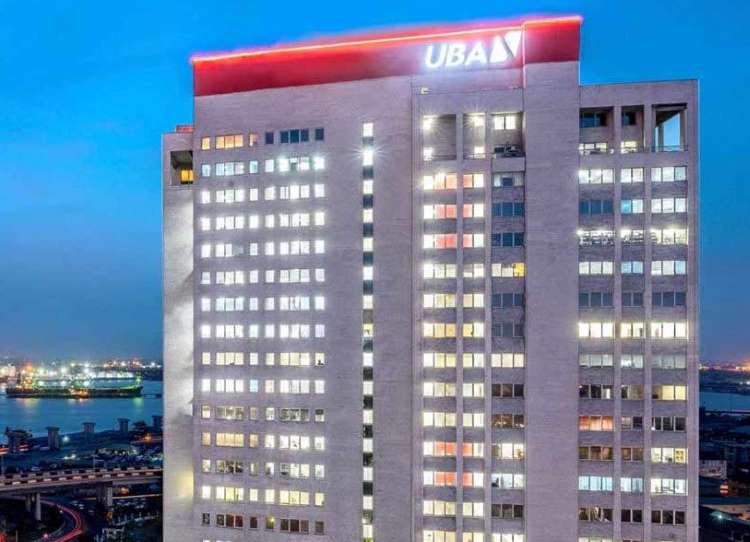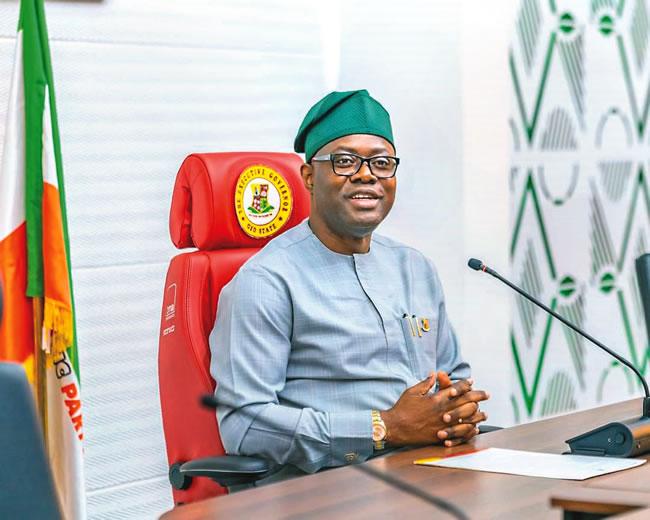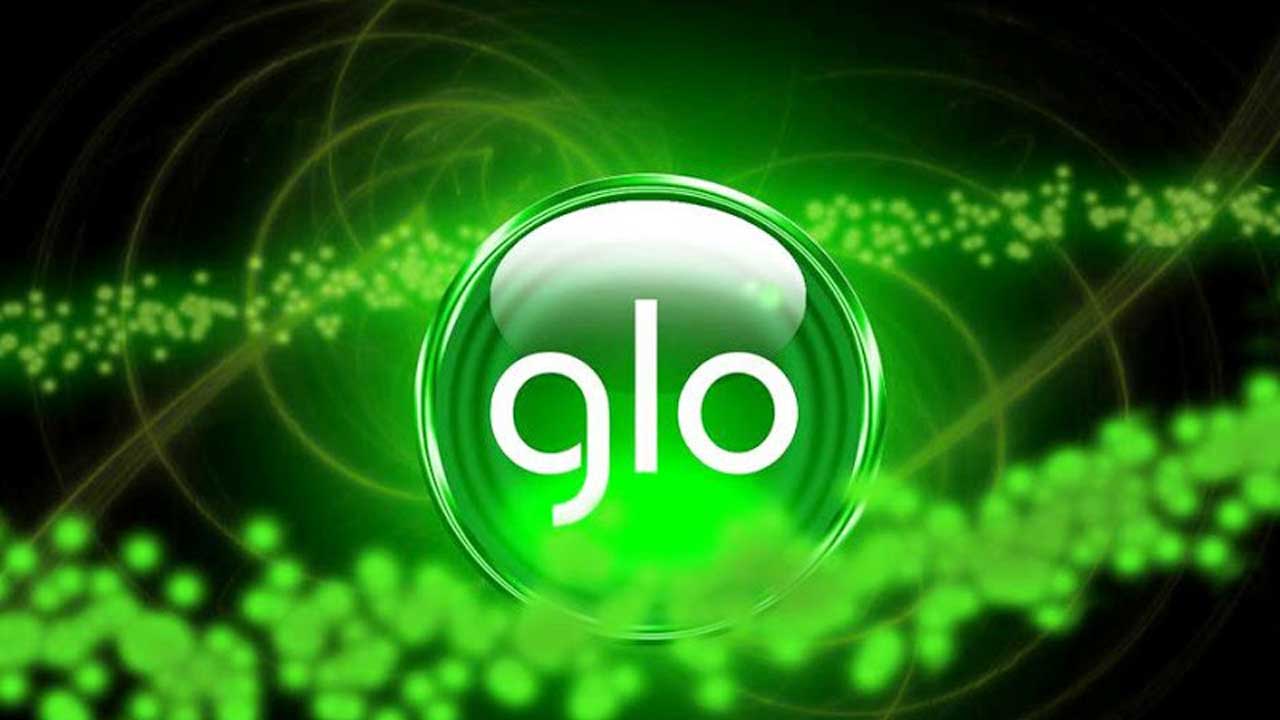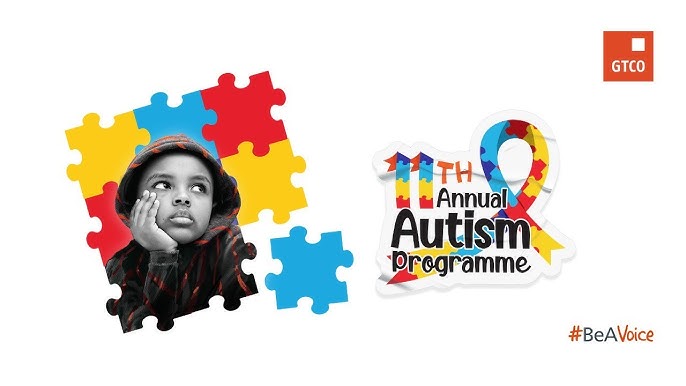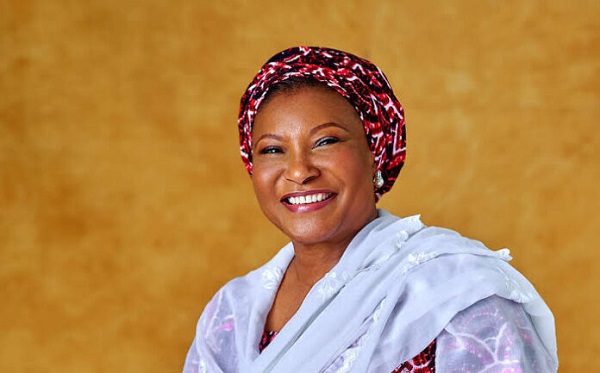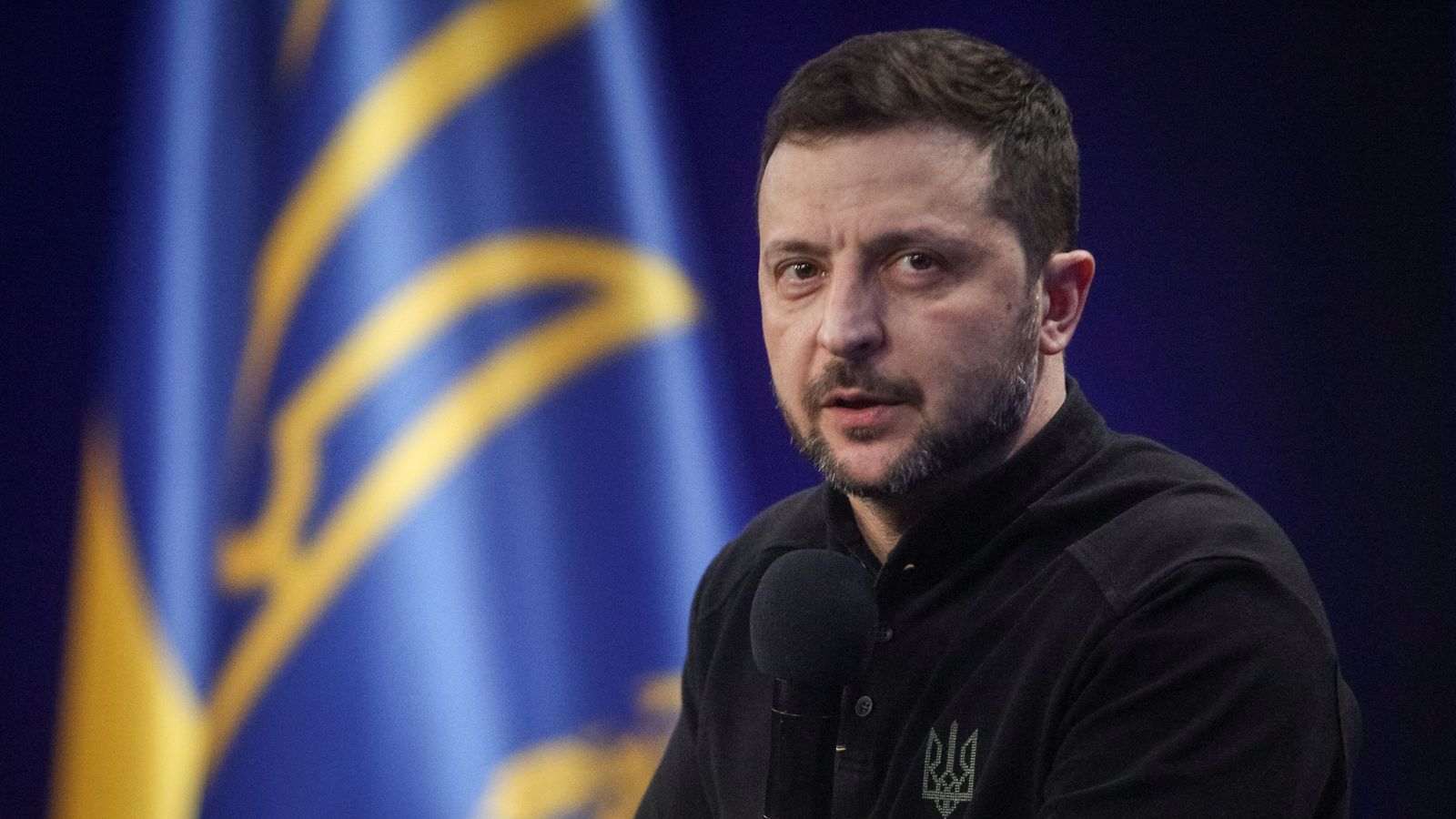Ukrainian President Volodymyr Zelensky praised his country’s “resistance” and “heroism” on Monday as Ukraine marked the third anniversary of Russia’s full-scale invasion. The commemoration came as European leaders arrived in Kyiv in a show of solidarity.
Russian President Vladimir Putin’s decision to launch what he termed a “special military operation” in February 2022 triggered the largest conflict in Europe since World War II. The war has claimed the lives of tens of thousands of soldiers on both sides, devastated cities across Ukraine’s south and east, and forced millions to flee their homes.
Despite the West’s initial unity in supporting Ukraine, the return of Donald Trump to the White House has cast uncertainty over the coalition backing Kyiv. The prospect of reduced military and financial aid comes at a critical moment in the war, as Russian forces continue to make gains in the east and Moscow grows emboldened by Trump’s outreach to the Kremlin.
‘Three Years of Absolute Heroism’
Zelensky marked the anniversary with a message of defiance.
“Three years of resistance. Three years of gratitude. Three years of absolute heroism of Ukrainians,” he said, thanking those who defend and support the country.
European Commission President Ursula von der Leyen, arriving in Kyiv by train, underscored the war’s broader implications.
“We are in Kyiv today because Ukraine is Europe,” she said. “In this fight for survival, it is not only Ukraine’s destiny that is at stake—it’s Europe’s destiny.”
Brussels also imposed new sanctions against Russia on Monday. EU foreign policy chief Kaja Kallas announced measures targeting “the Russian shadow fleet, those supporting unsafe oil tankers, video game controllers used to pilot drones, banks circumventing sanctions, and propaganda outlets spreading lies.”
In a pointed remark directed at Trump’s attempts to sideline Kyiv in discussions about ending the war, EU Council President Antonio Costa declared: “In Ukraine, about Ukraine, with Ukraine.”
Diplomatic and Military Tensions
The leaders of Canada, Denmark, Estonia, Finland, Iceland, Latvia, Lithuania, Norway, Spain, and Sweden arrived in Kyiv on Monday, according to social media posts and Ukraine’s public broadcaster Suspilne. In total, 13 leaders were expected in the capital, with another 24 joining an online meeting.
Zelensky expressed hope that the gathering would be a “turning point” in securing long-term security guarantees to prevent Russia from using any ceasefire to regroup and launch future offensives. On Sunday, he even suggested he would step down if it would secure Ukraine’s NATO membership.
The Kremlin, however, reiterated its refusal to relinquish occupied Ukrainian territories and its opposition to Ukraine’s NATO accession. Meanwhile, Trump has been pushing for a swift resolution to the conflict, reigniting diplomacy with Moscow. He recently held a 90-minute phone call with Putin and dispatched Secretary of State Marco Rubio to Saudi Arabia for talks with Russian Foreign Minister Sergei Lavrov.
On the battlefield, Russian troops have been making advances, while Ukraine claimed on Monday to have struck a Russian oil refinery southeast of Moscow in a drone attack behind enemy lines.
Europe’s Uncertainty Over Trump
French President Emmanuel Macron was set to meet Trump in Washington later Monday, with a strong message: “You cannot be weak in the face of President Putin.”
Trump’s stance has rattled European allies, who fear not only for Ukraine but also for decades of transatlantic security cooperation.
For Ukrainian soldiers on the front lines, the uncertainty surrounding Western support is deeply unsettling.
“It scares me more,” said Andrii, a 25-year-old Ukrainian soldier in the east. “Because the bloodiest moments always come before a truce.”
Mykola, a 38-year-old artillery commander in Donetsk, echoed the sentiment.
“I don’t want to give up Ukrainian lands … we’ve been fighting for so long,” he said. “But everyone is tired of the war.”

